Cancer Epigenetic laboratory
Head: Dr. Einav Nili Gal-Yam, MD, PhD
Research staff: Dr. Adi Zundelevich
Dr. Ayelet Kaminitz
Tel: +972-3-5308151
Fax: +972-3-5305942
E-mail: egalyam@ gmail.com
E-mail: zundika@gmail.com
Overview
The lab of cancer epigenetics at the cancer research center has been studying changes in cancer epigenetics based on most advanced technologies used in the cancer research facilities and strong collaboration with the Weizmann institute. Our lab combines basic research of epigenetic reprogramming in cancer with a strong clinical orientation as part of the Institute of Oncology. Our research aims are to study basic mechanisms leading to cancer development as well as developing new techniques to study cancer and course of disease in cancer patients. One of our methodologies uses cfDNA from blood in order to detect resistant mutations in breast cancer patient with relapse disease. We also aim to understand lung and breast cancer heterogeneity using single-cell RNA-Seq from liquid samples of patients’ i.e. pleural effusions and ascites, and also solid tumors.
The close interaction at the Sheba hospital, between bench and bedside treatment and research, enables us to approach our question from different angles in order to understand more about cancer development and better care of the patients
Research projects
1.Methylation and polycomb switch - Studying the mechanism of gene silencing such as DNA methylation and Polycomb (PRC2) mediated H3K27 methylation. Based on earlier culture model studies we investigate that there is a switch between DNA methylation and Polycomb based epigenetic silencing during cancer progression. We concurrently characterize these modifications in normal, primary and metastatic tumors derived from patients in our institution using Chromatin IP, Bisulfite sequencing and Methylated DNA combined with highthrouput sequencing. In parallel we use cell culture models and various molecular biology techniques to perturb these mechanisms and gain insight into the interrelations between these and their interaction with DNA hydroxymethylation mechanisms which have been characterized in recent years.
2. Cancer heterogeneity- It is currently recognized that heterogeneous cellular subpopulations within tumors strongly impact prognosis, metastatic potential and resistance to therapy; we seek efficient methods to identify and characterize such sub-populations by epigenetic profiling. In tight collaboration with the Tanay lab at the Weizmann institute of Science we develop methodologies for genome scale deep bisulfite sequencing of formalin fixed tumors. By profiling DNA methylation of these tumors at high depths in a single nucleotide resolution we create DNA methylation distribution maps that can define various subpopulations. These epigenetic subpopulations will be correlated to genetic aberrations and cellular phenotype. Once these epigenetic subpopulations are identified we will study their evolution during cancer progression using longitudinal tumor samples and correlate these to clinical data such as response to therapy and drug resistance.
3. DNA methylation in cancer progression - Analysis of DNA methylation changes in primary tumors and metastatic samples from different patients, and changes in DNA methylation from patients before and after neoadjuvant treatments using novel technics of p-BAT capture developed at the Tanay lab at the Weizmann institute of Science and with collaboration with the Breast cancer translation research group of Prof. Bella Kaufman’s group at the Sheba hospital.
4. Developing a platform for single cell RNA-Seq from breast and lung tumors and cells collected from cancerous fluids in order to provide us with highly effective means to dissect tumor heterogeneity and gain critical understanding of tumor evolution.
5. ESR1 resistance mutations – we have developed an assay of ddPCR to detect resistant point mutation and single amplicon deep sequencing in order to find new resistant mutations of patients treated with different AI’s and Tamoxifen drugs. We study their primary tumor as well and their metastatic samples in order to understand the mechanism leading to their resistance and relapse of the disease. This project in done with tight collaboration with Dr. Smadar from Prof. Bella Kaufman’s group.
Recent Publications:
* Activation-Induced Cytidine Deaminase Links Ovulation-Induced Inflammation and Serous Carcinogenesis. Sapoznik S, Bahar-Shany K, Brand H, Pinto Y, Gabay O, Glick-Saar E, Dor C, Zadok O, Barshack I, Zundelevich A, Gal-Yam EN, Yung Y, Hourvitz A, Korach J, Beiner M, Jacob J, Levanon EY, Barak M, Aviel-Ronen S, Levanon K.Neoplasia. 2016 Feb;18(2):90-9. doi: 10.1016/j.neo.2015.12.003.
* Chromatin-modifying agents reactivate embryonic renal stem/progenitor genes in human adult kidney epithelial cells but abrogate dedifferentiation and stemness. Omer D, Harari-Steinberg O, Buzhor E, Metsuyanim S, Pleniceanu O, Zundelevich A, Gal-Yam EN, Dekel B.Cell Reprogram. 2013 Aug;15(4):281-92. doi: 10.1089/cell.2012.0087. Epub 2013 Jul 10.
* Epigenetic polymorphism and the stochastic formation of differentially methylated regions in normal and cancerous tissues. Landan G, Cohen NM, Mukamel Z, Bar A, Molchadsky A, Brosh R, Horn-Saban S, Zalcenstein DA, Goldfinger N, Zundelevich A, Gal-Yam EN, Rotter V, Tanay A. Nat Genet. 2012 Nov;44(11):1207-14. doi: 10.1038/ng.2442. Epub 2012 Oct 14.
* Epigenetic silencing of the tumor suppressor klotho in human breast cancer. Rubinek T, Shulman M, Israeli S, Bose S, Avraham A, Zundelevich A, Evron E, Gal-Yam EN, Kaufman B, Wolf I. Breast Cancer Res Treat. 2012 Jun;133(2):649-57. doi: 10.1007/s10549-011-1824-4. Epub 2011 Oct 22
* Mutant p53(R175H) upregulates Twist1 expression and promotes epithelial-mesenchymal transition in immortalized prostate cells. Kogan-Sakin I, Tabach Y, Buganim Y, Molchadsky A, Solomon H, Madar S, Kamer I, Stambolsky P, Shelly A, Goldfinger N, Valsesia-Wittmann S, Puisieux A, Zundelevich A, Gal-Yam EN, Avivi C, Barshack I, Brait M, Sidransky D, Domany E, Rotter V. Cell Death Differ. 2011 Feb;18(2):271-81. doi: 10.1038/cdd.2010.94. Epub 2010 Aug 6.
Medical team
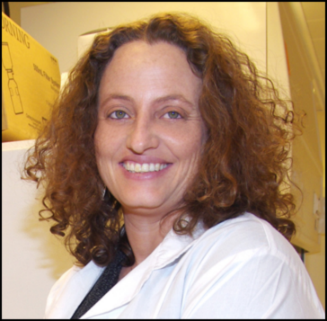
Dr. Einav Gal-Yam, MD, PhD – Head of Cancer Epigenetics Laboratory and Director of Cancer Ambulatory Day Care Unit, Breast Cancer Oncologist
Research team
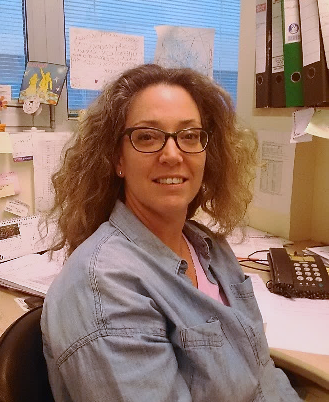
Dr. Adi Zundelevich, PhD – Lab manager and researcher
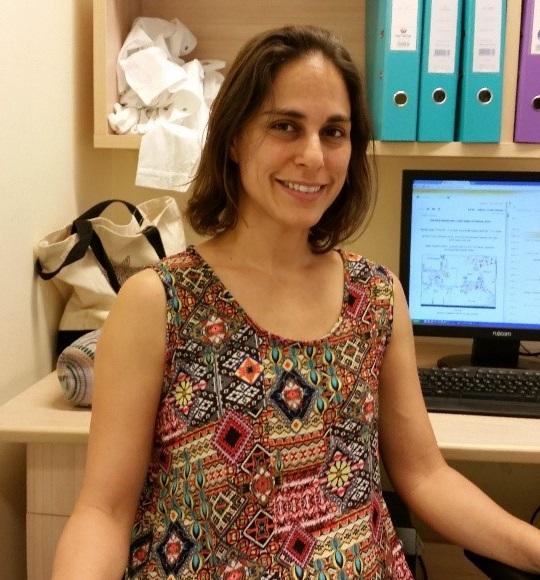
Dr. Ayelet Kaminitz, PhD- researcher
Funding:
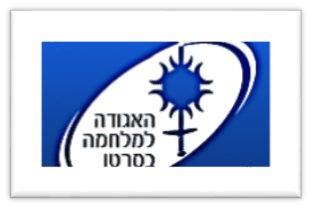 |
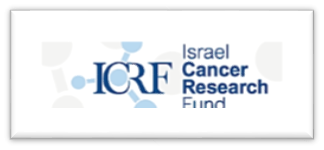 |
 |
 |
Collaborations:
Sheba Medical Center:
The Lab of Breast Cancer Translational Research
Prof. Bella Kaufman
Dr. Maya Dadiani
Dr. Smadar Kahana-Edwin
Weizmann Institute of Science:
Prof. Amos Tanay
Dr. Zohar Mukamel
Tel Aviv University:
Dr. Tamar Geiger








